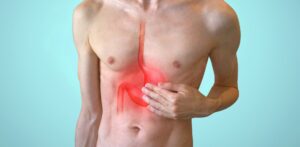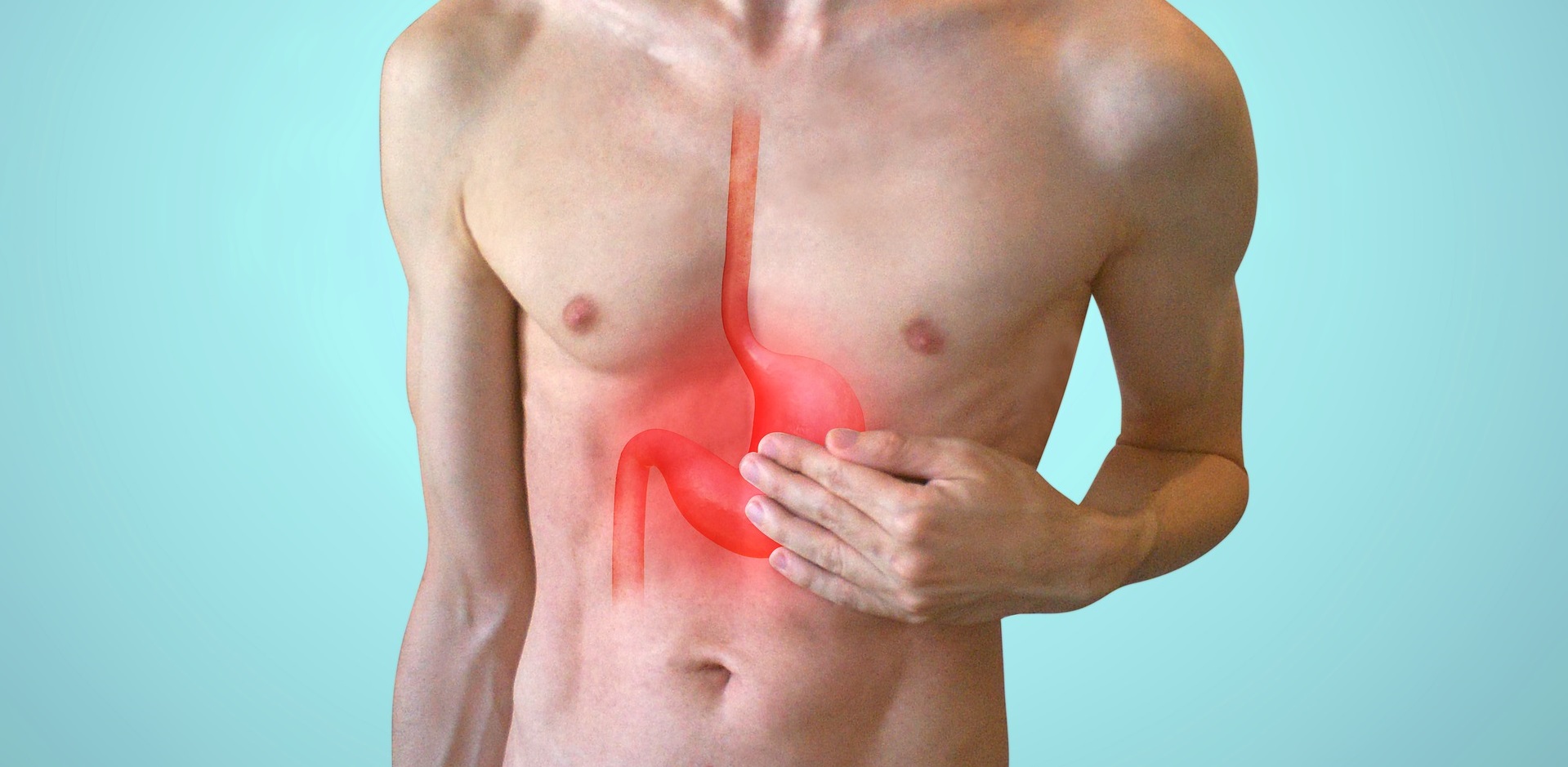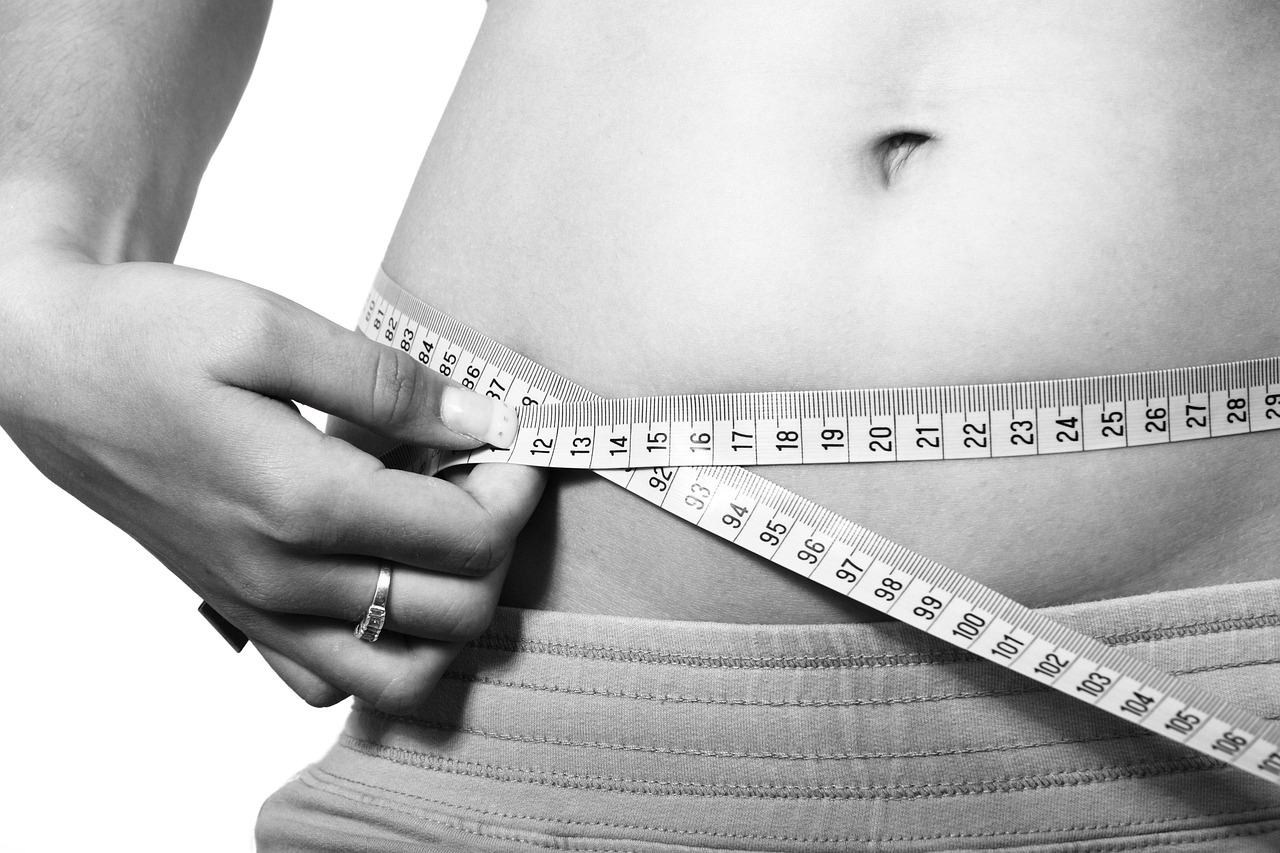Gastroesophageal Reflux Disease (GERD) Causes, Symptoms and Treatment
Gastroesophageal reflux disease (GERD) is a disease in which stomach contents (usually acid) back up into the esophagus, causing symptoms and/or damage. A patient has GERD if they have severe symptoms that affect daily life once a week or mild to moderate symptoms twice a week. In the majority (two-thirds) of patients, the gastroscopic finding is normal.
Causes of GERD
A brief relaxation of the muscular ring of the esophagus unrelated to the act of swallowing allows the contents of the stomach to flow back into the esophagus. Most of those who suffer from GERD have a hiatal hernia of the stomach, so they have more frequent episodes, especially when swallowing. Saliva neutralizes stomach acid, so all conditions in which the secretion of saliva is reduced contribute to the appearance of reflux symptoms. Smoking reduces the secretion of saliva, so it is also a factor in the occurrence of GERD. GERD is often a chronic condition. In industrialized countries, 10% to 20% of the population have symptoms of GERD. On an annual level, there are five new cases per 1000 people.

Symptoms
Heartburn, burning sensation behind the sternum is the main symptom. It is present in 75% of patients. The pain is typically worse after a meal and when lying down. Heartburn is associated with heavy, fatty meals, chocolate, coffee, strong drinks, and sour fruit juices. Bending, lifting, and tight clothes aggravate the symptoms. Another important symptom is regurgitation, meaning the involuntary return of stomach contents into the mouth (without nausea and vomiting). Other symptoms include a lump in the throat and pain when swallowing. GERD is a major cause of chest pain that does not originate from heart disease.
Treatment
The goal of the treatment is to alleviate the symptoms and prevent complications and chronicity. Treatment involves lifestyle changes and antacid therapy. It is used together with effective drug therapy. Raising the pillow of the bed, avoiding evening meals in people with nocturnal symptoms.
Frequent, small meals, good chewing of food (symptoms after eating). Avoidance of irritating foods (lemon juice and similar fruits, strong drinks, tomatoes, coffee, onions, strong spices, fatty or fried foods, chocolate, mint). Weight loss in overweight people. Avoiding tight clothing around the waist. It is advised to stop smoking.
The goal is to use the mildest therapy, during which the patient has no symptoms. For a diagnosis, a consultation with a family doctor is usually sufficient, and he establishes a suspicion of GERD from the typical symptoms that the patient states, it is also confirmed after the patient reports an alleviation to the loss of symptoms after medical therapy for four to eight weeks. Recurrence of occasional complaints is not uncommon and is usually treated with an antacid or alginates.














Post Comment